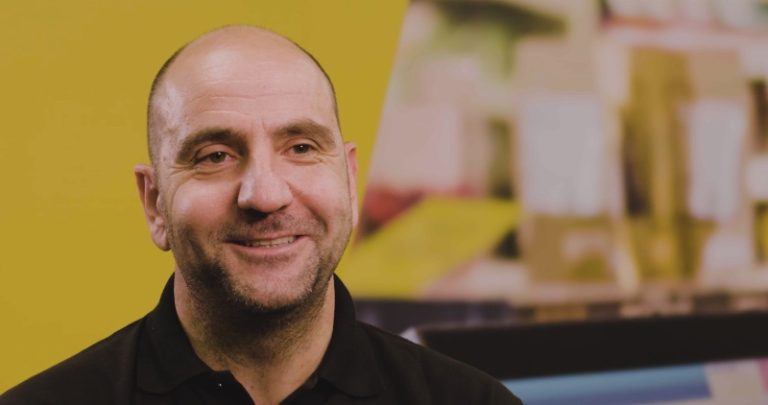What is a cover letter and what makes a good one?
What is a cover letter and what makes a good one?

When you’re moving into employment from education, it’s not only a strong CV that you need, an attention-grabbing cover letter is equally important. But what is a cover letter and how do you write a good one? Andrew Fennell from Standout CV explains the four steps to creating an interview-winning cover letter.
What is a cover letter?
A cover letter acts as an opening to your CV. It helps you stand out from the competition and gives you another chance to prove why you’d be a great addition to the team. Think of it as your chance to introduce yourself to the employer and allow them to get to know you a little better.
Your cover letter should be short and concise, so don’t tell your life story! Around 300 words gives you enough space to give the employer a snapshot of your potential, without becoming boring or tedious.
1. Address the right person
Begin your cover letter by addressing the person you’re sending it to.
If you can find it, use their full name. This gives your cover letter a more personal touch rather than just submitting to a company. If that’s not possible, use something generic, such as ‘Dear Hiring Manager’.
The top section of your cover letter should explain which role you have applied for. For example,‘I am applying for the role of Sales Assistant, as advertised on Indeed.’
2. Explain why you're a good fit
Your cover letter is an opportunity to show why you’re the right person for the job, so you need to personalise it for the specific job you’re applying for.
Talk about the skills and experience you’ve gained from previous part-time roles, summer jobs, extra-curricular activities and school, to show what you’ve got to offer.
It’s helpful to read through the job description before writing this section, so you can understand what the employer is looking for and match it. For example, if they’re looking for someone who can work well in a team, you could talk about a time when you worked in a group for a school project and received a good mark.
It’s also a great idea to write a sentence or two about why you want the job or what you like about the company. For example, if you were applying to work at a leisure centre and love sports, you could say, ‘I feel I’m a great match for your company as I am a sports and fitness enthusiast myself. I’d enjoy sharing my knowledge and passion with colleagues and customers alike’.
3. Sign off
When signing off your cover letter you should keep the tone professional but friendly. You may want to add a friendly line, such as ‘I look forward to hearing from you.’ And then use phrases like ‘Kind regards’, ‘Regards’ or ‘Yours sincerely’ to end your letter.
However, it’s best to do a little research when deciding on the appropriate tone, as practices vary across different roles and sectors.
Remember to finalise your sign-off with your name and contact details.
4. Check, check, and check again
There’s nothing worse than a cover letter full of grammar or spelling errors. These simple mistakes will take the reader’s attention away from everything you have to offer.
Before submitting your cover letter, look to not only double-check but triple-check it. Focus on spellings of names, especially the recipient’s name, making sure you present a professional first impression.
Andrew Fennell is the founder of CV writing advice website StandOut CV. He is a former recruitment consultant and contributes careers advice to websites like Business Insider, The Guardian and FastCompany.
See more on job applications and CVs
Last updated: 10th October 2023





